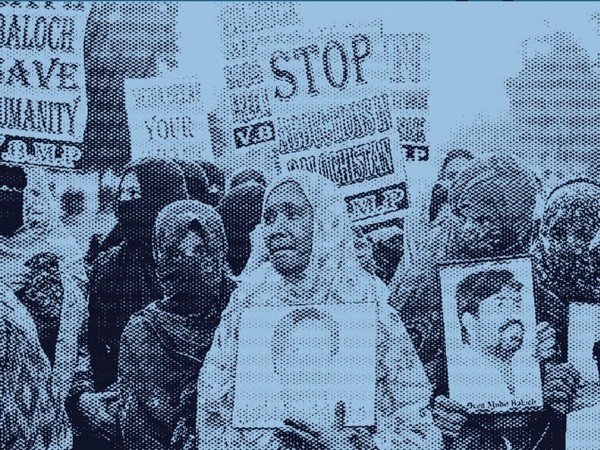UNHRC Urges Human Rights Reforms in Pakistan Amid Rising Concerns
The UN Human Rights Committee report highlights severe human rights issues in Pakistan, emphasizing the need for urgent reforms. Key concerns include discrimination against religious minorities and restrictions on freedom of expression, urging Pakistan to amend blasphemy laws and protect journalists and activists.

- Country:
- Switzerland
The United Nations Human Rights Committee (UNHRC) has released an alarming report outlining critical human rights concerns in Pakistan. The report calls for urgent reforms to address pervasive issues of discrimination and violence, as well as the suppression of free speech. Notably, the evaluation also touches on human rights practices in Ecuador, France, Greece, Iceland, and Turkiye.
A significant surge in discrimination, hate speech, and hate crimes against religious minorities such as Christians, Ahmadis, Hindus, and Sikhs has raised alarm. The report highlights the destruction of worship places, increasing mob violence, and harassment, illustrating a disturbing trend in Pakistan.
A key concern is Pakistan's stringent blasphemy laws, which impose severe penalties, including the death penalty. These oppressive laws have led to numerous incarcerations, often involving accusations of online blasphemy under cybercrime laws, targeting young people.
The UNHRC is urging Pakistan to take immediate measures to mitigate and investigate violence and discrimination against religious minorities and also ensure that perpetrators are held accountable. The report strongly recommends the repeal or meaningful amendment of blasphemy laws to align with international human rights standards and calls for an end to the application of cybercrime laws, like the Prevention of Electronic Crime Act, for blasphemy-related prosecutions.
The Committee also voices concerns over the treatment of journalists and human rights defenders, noting reports of enforced disappearances, torture, killings, and intimidation. Despite the Protection of Journalists and Media Professionals Act enacted in 2021, the report highlights continuous threats to press freedom, including internet blackouts and censorship on social media.
Pakistan is urged to probe abuses against journalists and activists, bring offenders to justice, and provide compensation to victims. The Committee advises discontinuing restrictive tactics like internet blockages and ensuring that legal provisions like defamation, blasphemy, sedition, and counter-terrorism laws aren't misused to suppress free speech or dissent.
The findings underscore a compelling need for Pakistan to implement robust human rights protections, particularly for religious minorities, journalists, and activists, in accordance with the International Covenant on Civil and Political Rights. (ANI)
(With inputs from agencies.)
ALSO READ
American Airlines Settles Discrimination Lawsuit with Black Passengers
Mounting Tensions: Discrimination Against Marathi-Speaking Families Sparks Outrage
Allegations of Caste Discrimination Shake Indian Institute of Management, Bangalore
India Acts Against Caste-Based Discrimination in Prisons
Tensions Rise in Beed: Allegations of Community Discrimination in Government Postings










